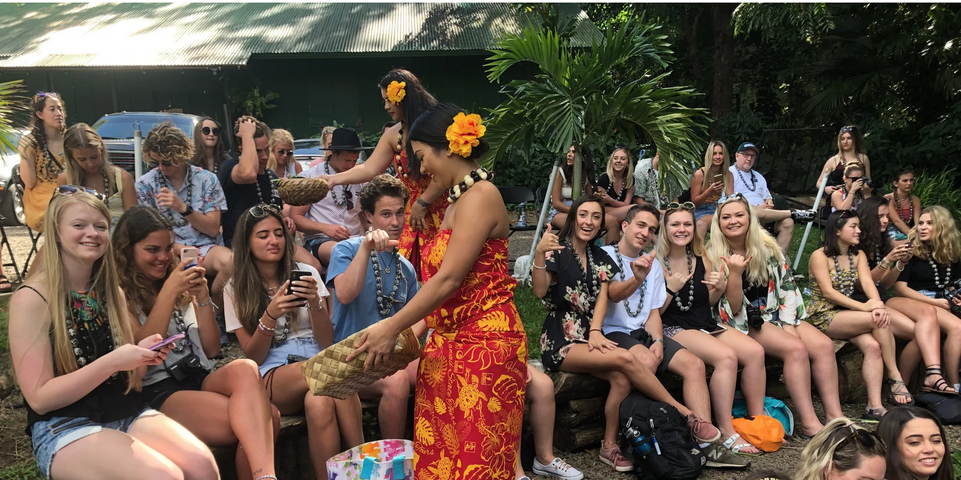
If you’re looking for a Hawaiian cultural experience, consider heading to a luau that follows local traditions. There, you may learn about the ancient practice of kapu, its establishment, and its abolishment. Here is an introduction to help you understand this interesting set of beliefs from Hawaii’s past.
Understanding Kapu
What Is Kapu?
Kapu was a system of laws that early Hawaiians obeyed. This unique series of regulations was believed to be created by the gods. According to the law, men and women were prohibited from eating together, as men were considered to be sacred. If women ate in the same room as them, their sacredness would be compromised. The kapu governed food, religious and government power, and gender roles.
How Did Kapu Affect Luaus?
 Since the kapu prevented men and women from eating together, luaus were held separately: one for men and another for women. The foods served at these gatherings followed the kapu: women only ate certain species of bananas and were banned from eating pork, which was a luau staple. When men headed out to fish, the entire village had to be quiet while they set the hooks, according to kapu.
Since the kapu prevented men and women from eating together, luaus were held separately: one for men and another for women. The foods served at these gatherings followed the kapu: women only ate certain species of bananas and were banned from eating pork, which was a luau staple. When men headed out to fish, the entire village had to be quiet while they set the hooks, according to kapu.
Does Kapu Still Affect Luaus?
Today, some venues that offer traditional Hawaiian cultural experiences will follow select kapu laws, such as making the men and women sit in different places during dinner or serving them at separate times. Most establishments will allow women to eat pork and bananas, but they may explain some facets of the original kapu laws to continue sharing the rich heritage of the area with locals and tourists alike.
If you’re looking for a Hawaiian cultural experience, visit Experience Nutridge in Oahu, HI. This stunning macadamia nut plantation is the first of its kind in the state and hosts regular luaus with farm-to-table ingredients and local-style dishes. To experience the kapu Hawaiian cultural experience, call (808) 531-5050. Visit their website to browse their menu.
About the Business
Have a question? Ask the experts!
Send your question

